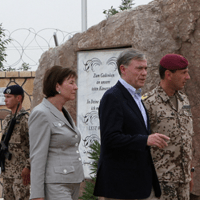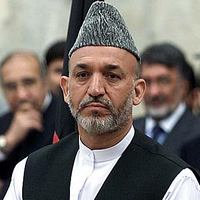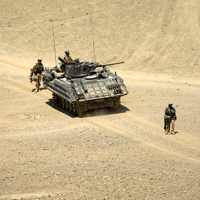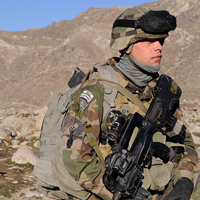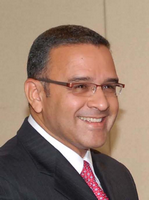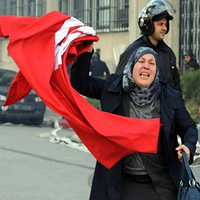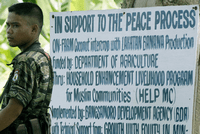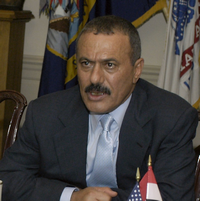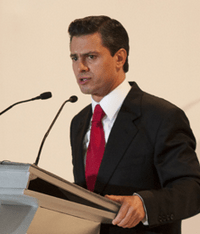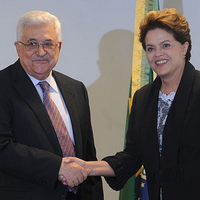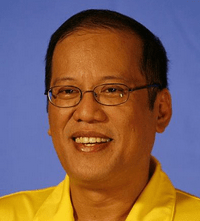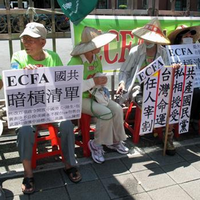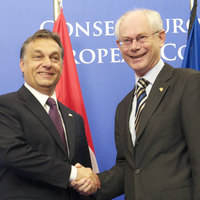
On Jan. 1, the same day Hungary began its six-month EU presidency, Hungarian Prime Minister Viktor Orban’s government introduced a law requiring “balanced” media coverage and instituting registration requirements for those disseminating information. The international furor over the new law threatens Hungary’s chances of making the most of its EU presidency, while offering a crumb of hope to a severely weakened opposition. France, Germany, Luxembourg, the U.K. and other EU members expressed concern over the media law, but Orban simply dismissed the criticism as misinformed and anti-Hungarian. He had already angered the business community by imposing surtaxes on banks, telecoms […]

